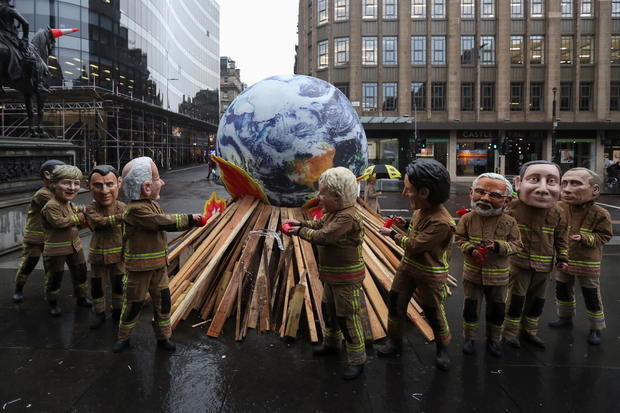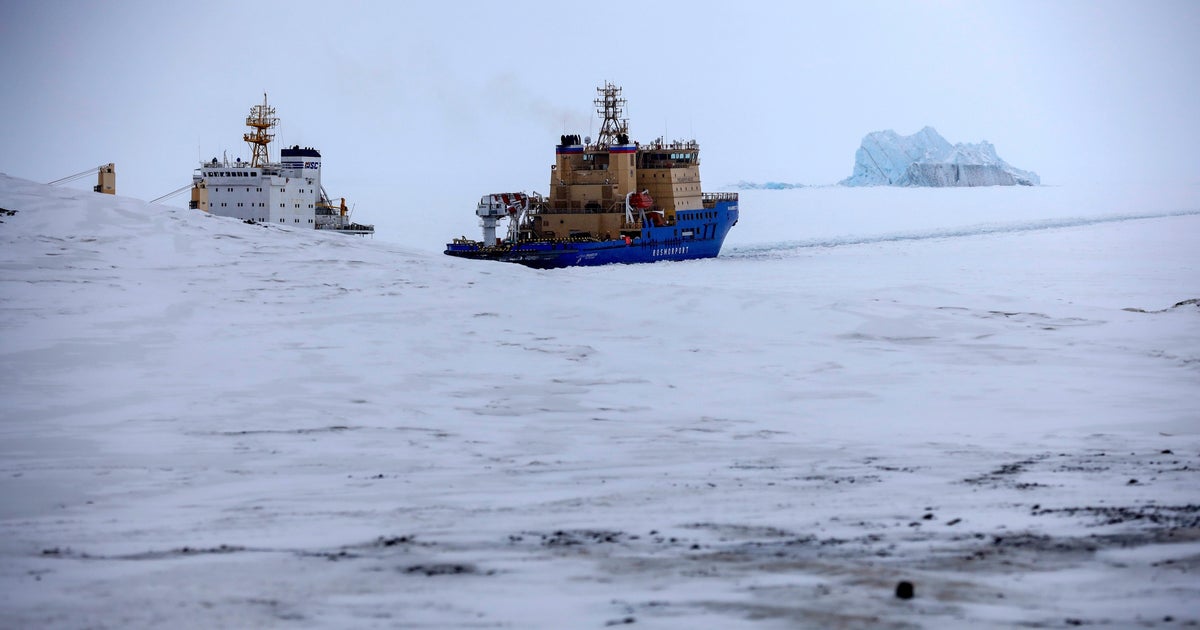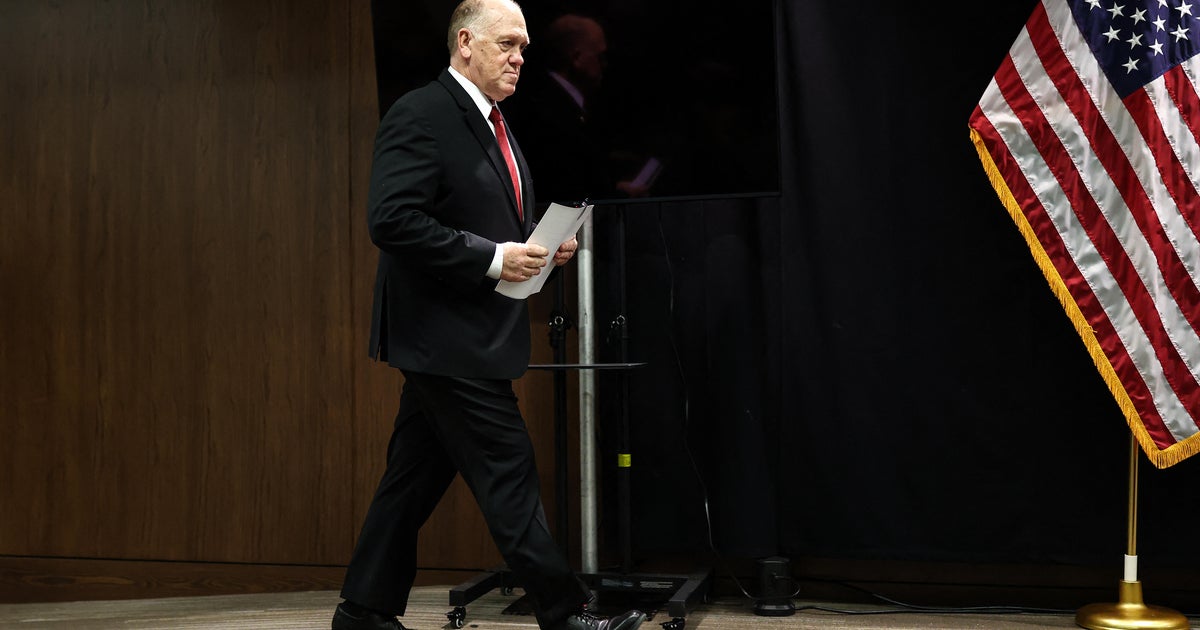COP26 climate change summit down to the final hours, and key goals still unmet
Glasgow — Negotiations between dozens of nations over steps to curb the rate of global warming had come down to the wire on Friday, the last day of the United Nations COP26 climate change conference in Scotland. Talks continued among delegations from almost 200 countries to accelerate the phasing out of coal power, and over billions of dollars in financial aid promised by wealthy nations to help poorer countries go green and deal with the impact of a warming Earth.
As CBS News senior foreign correspondent Mark Phillips reports, there was an unexpected agreement announced on Wednesday between the world's two biggest carbon dioxide emitters, the U.S. and China, to work more closely together to combat climate change. A virtual summit was expected to take place on Monday between Presidents Joe Biden and Xi Jinping, but with tension over other issues dogging bilateral ties, neither the White House nor the Chinese government had confirmed the plan by Friday morning.
As Phillips notes, while the U.S.-China agreement to cooperate on environmental issues offered a ray of hope, the COP26 conference has otherwise been a disappointment thus far.
The Foreign Minister of the South Pacific island nation of Tuvalu, Simon Kofe, made the point succinctly, delivering a video message from a podium partially submerged along the coastline to warn the other delegations that his country was already "living the realities of climate change."
The message was simple: Do something before rising sea levels make his whole country unliveable.
But hopes that the delegates in Glasgow would agree to concrete plans to cut greenhouse gas emissions sufficiently to limit global warming to 1.5 degrees Celsius have proven false. That was the goal set by dozens of nations in the 2015 Paris Agreement. This summit was aimed at nailing down real commitments to make good on that pledge.
But the actions by many nations, including the biggest polluters, haven't been up to the task, and the latest estimate is that the real cuts promised so far at COP26 would still allow the Earth to heat up to around 2.7 degrees Celsius — with all of the heat waves, droughts, wildfires, severe storms and floods that that would bring.
The conference has so far failed in another objective, as well: To come up with the money already promised to developing countries to compensate them for not using fossil fuels, and for the damage caused by severe weather. In Paris, $100 billion per year was promised.
Aubrey Webson, of the Small Island Nations delegation at COP26, says they're still waiting for it.
"We are very disappointed," Webson told CBS News. "Because it's a promise made, a promise failed."
There was still time for a miracle on Friday morning, however — a last-minute breakthrough. But there wasn't even a hint of a miracle in the air, just too much carbon dioxide.




